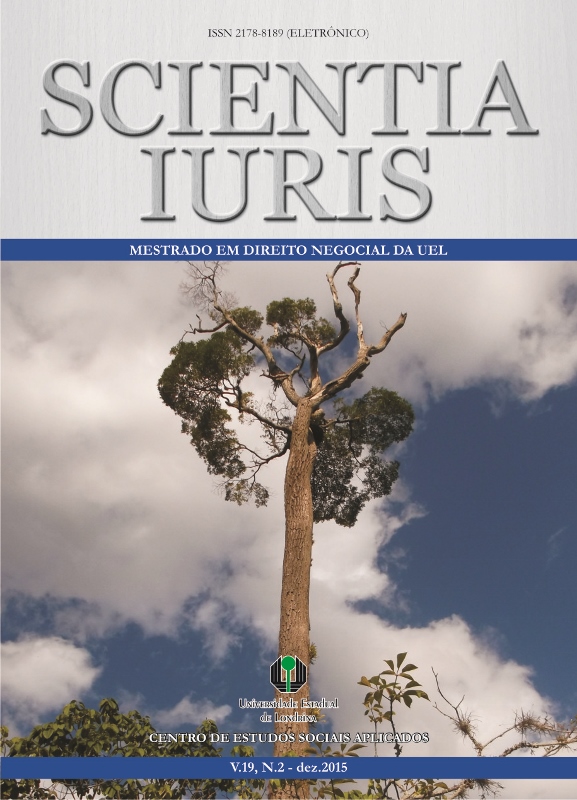A reverse logistics as a tool for effectiveness of principle polluters-pay in reducing environmental impacts
DOI:
https://doi.org/10.5433/2178-8189.2015v19n2p101Keywords:
Reverse logistics, Environment, Principle polluter-paysAbstract
The goal is to analyze the reverse logistics from the possibilities of their contribution to reducing the environmental impact. The methodology took into account the global demand for electronics as a stimulus for the introduction of new market entrants. The authors conducted an analysis and an interpretation of organizational business models and court decisions on environmental litigation. This was a descriptive and comparative study by the polluter-pays principle, making use of data from non-governmental organizations and texts on the websites of companies in the electronics sector, the type computers, which make reference to Environmental policy, reverse logistics and collection mechanisms. The result obtained indicates that there are deficiencies in the internal management of companies in relation to electronic waste. I also noticed that the judiciary operates effectively in solving solid waste litigation. We also conclude that the shared management of solid waste shall ensure state control over business activity on the waste to avoid a transfer of charge to the consumer.Downloads
Download data is not yet available.
Downloads
Published
2015-12-09
How to Cite
Lima, M. C. M., & Maia, F. J. F. (2015). A reverse logistics as a tool for effectiveness of principle polluters-pay in reducing environmental impacts. Scientia Iuris, 19(2), 101–126. https://doi.org/10.5433/2178-8189.2015v19n2p101
Issue
Section
Artigos
License
Copyright (c) 2022 Scientia Iuris

This work is licensed under a Creative Commons Attribution 4.0 International License.
The journal reserves the right to modify, in the original text of the submitted article, normative, spelling and grammatical mistakes in order to maintain the cultured standard of language and the credibility of the journal. The journal will respect the authors' writing style. Changes, corrections or suggestions of conceptual order will be sent to the authors, when necessary. In such cases, the articles will be re-examined. The final exams will not be sent to the authors. The published works become the property of the journal, in other words, its total or partial reprinting is subject to the express authorization of the journal. In all subsequent citations, the original source of publication shall be cited and in the case of Photographic Speeches, shall be approved by the original author. The opinions expressed by the authors of the journal's articles are of their sole responsibility.

















